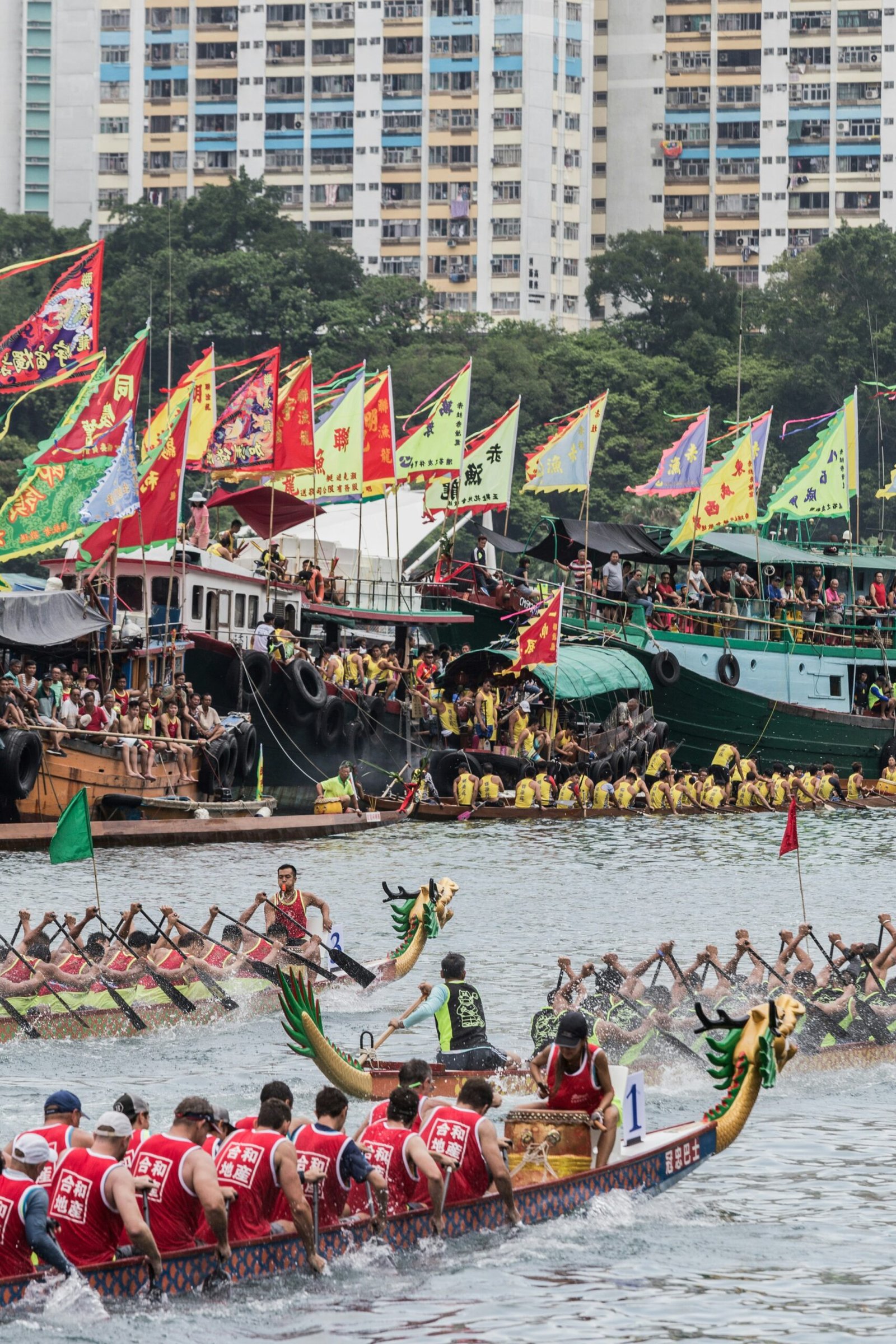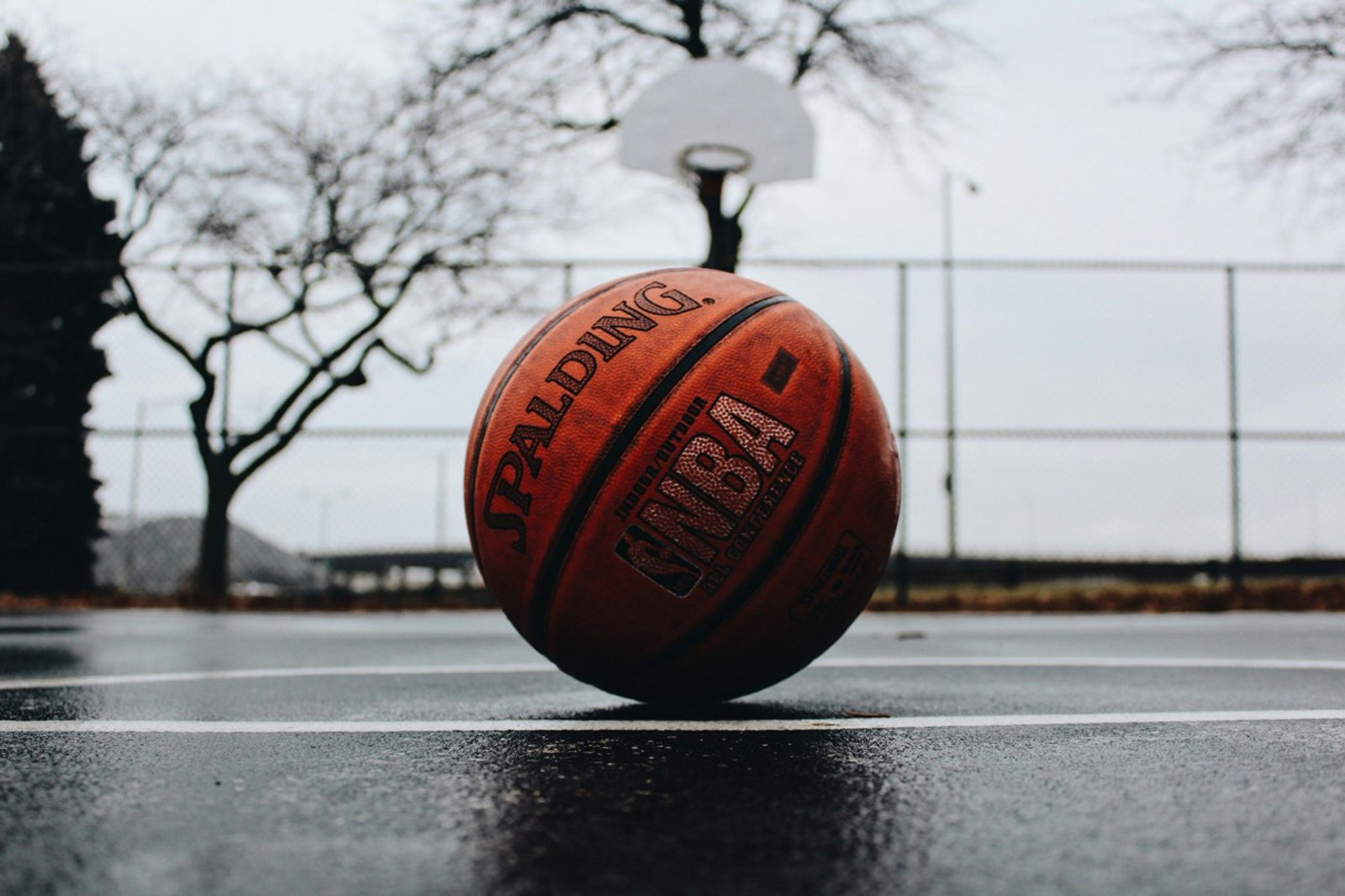The Dragon Boat Festival: Traditions, History, and Celebrations


Photo by Samuel Wong on Unsplash
The Origins and Historical Significance of the Dragon Boat Festival
The Dragon Boat Festival, also known as Duanwu Festival, boasts a rich history rooted in ancient Chinese culture. This revered event traces its origins back to the legend of Qu Yuan, a distinguished poet and statesman of the Warring States period. Qu Yuan’s life story is one of patriotism, poetry, and ultimately, tragedy. Known for his unwavering loyalty to the Chu State and his profound literary contributions, he became a symbol of integrity and national pride.
Qu Yuan’s tragic death is central to the Dragon Boat Festival’s commemoration. According to legend, upon being exiled due to political intrigue, Qu Yuan, in despair over his state’s decline, threw himself into the Miluo River on the fifth day of the fifth lunar month. The local people, who admired him greatly, rushed to their boats in an attempt to save him or at least recover his body. They beat drums and splashed water with their paddles to keep fish and evil spirits away from his body. This act of reverence and the subsequent annual remembrance laid the foundation for what we now know as the Dragon Boat Festival.
Over centuries, the festival evolved, incorporating various customs and regional variations, yet always maintaining its core purpose of honoring Qu Yuan. Historically, the festival has served as more than just a memorial for a single figure; it has become a celebration of Chinese cultural heritage and unity. In different regions of China, the festival is marked by unique traditions, such as dragon boat racing, eating zongzi (sticky rice dumplings), and hanging medicinal herbs to ward off evil spirits.
The Dragon Boat Festival’s historical significance extends beyond its rituals; it is a testament to the enduring respect for cultural heroes in Chinese society. By commemorating Qu Yuan, the festival reinforces values of loyalty, sacrifice, and patriotism. It plays a crucial role in preserving Chinese heritage and fostering a sense of national identity and unity among the Chinese people.
Modern Celebrations and Traditions of the Dragon Boat Festival
The Dragon Boat Festival, known as Duanwu Jie in Chinese, remains a vibrant cultural event, celebrated with great enthusiasm both in China and across the globe. Central to the festivities are the dragon boat races, which draw participants and spectators alike. These races feature ornately decorated boats, typically adorned with dragon heads and tails, powered by synchronized teams of paddlers. The rhythmic drumbeats provide a captivating soundtrack, symbolizing unity and collective effort, and are believed to drive away evil spirits.
Another quintessential tradition is the preparation and consumption of zongzi, sticky rice dumplings wrapped in bamboo leaves. These savory or sweet treats, filled with ingredients ranging from red beans to pork, are not only a culinary delight but also hold historical significance. They commemorate the sacrifice of the poet Qu Yuan, who, according to legend, drowned himself in protest against government corruption. The act of eating zongzi is symbolic of the villagers’ efforts to save or honor Qu Yuan by throwing rice into the river to distract the fish.
Moreover, the festival is marked by the hanging of mugwort and calamus, aromatic plants believed to ward off insects and malevolent spirits. These herbs are often placed above doorways or windows, enhancing the festive atmosphere with their distinctive fragrances. Their use underscores the festival’s broader theme of protection and purification, aimed at bringing good fortune and health to households.
In recent years, the Dragon Boat Festival has transcended cultural boundaries, with dragon boat races and cultural events taking place in countries worldwide. From North America to Europe and Southeast Asia, these celebrations foster community involvement and intercultural exchange. They provide a platform for people of diverse backgrounds to come together, celebrate, and deepen their understanding of Chinese culture and traditions. This global embrace of the festival not only preserves its rich heritage but also promotes unity and mutual respect among different cultures.




